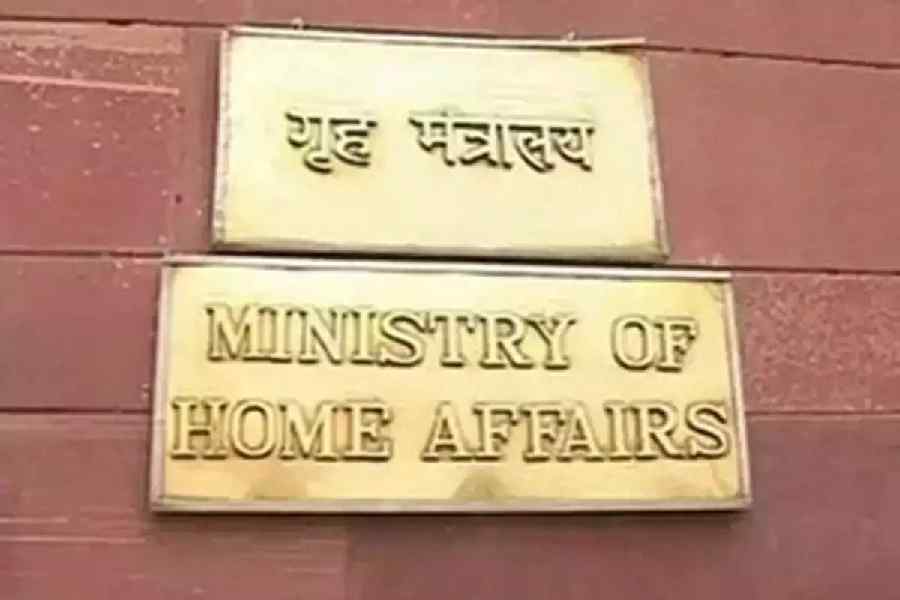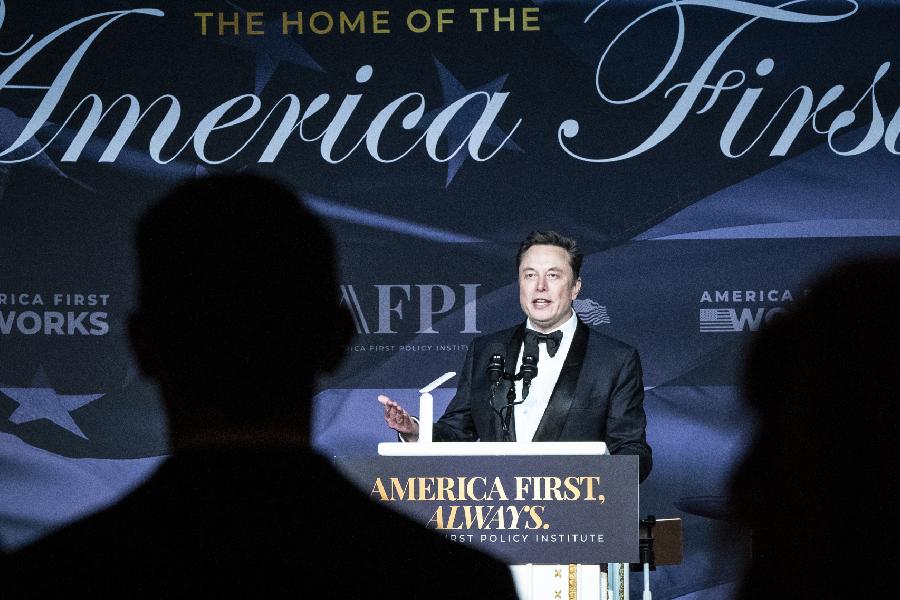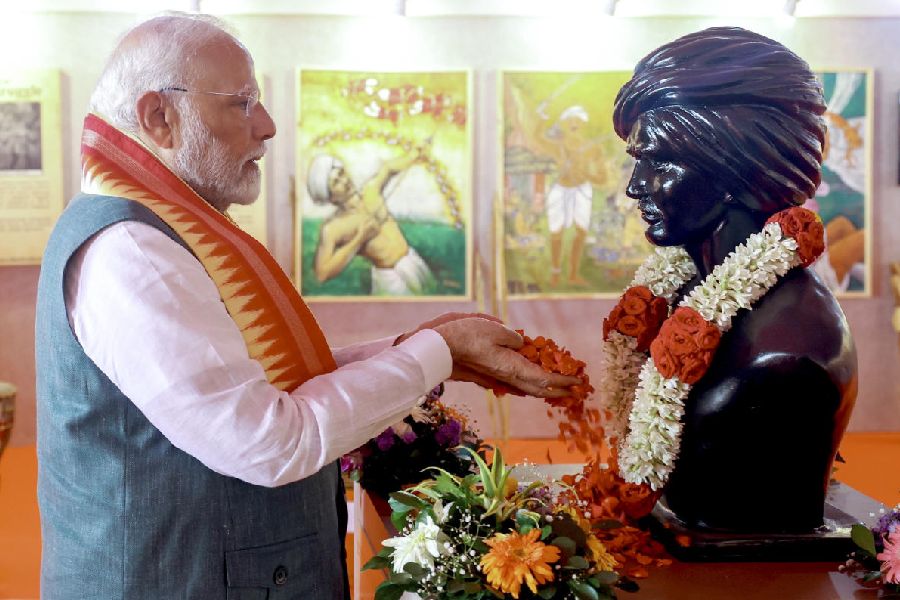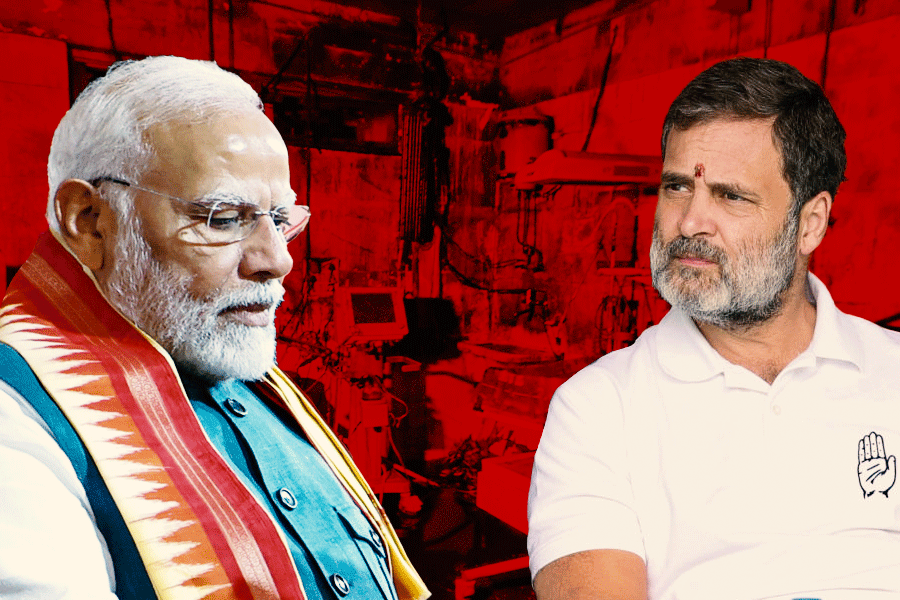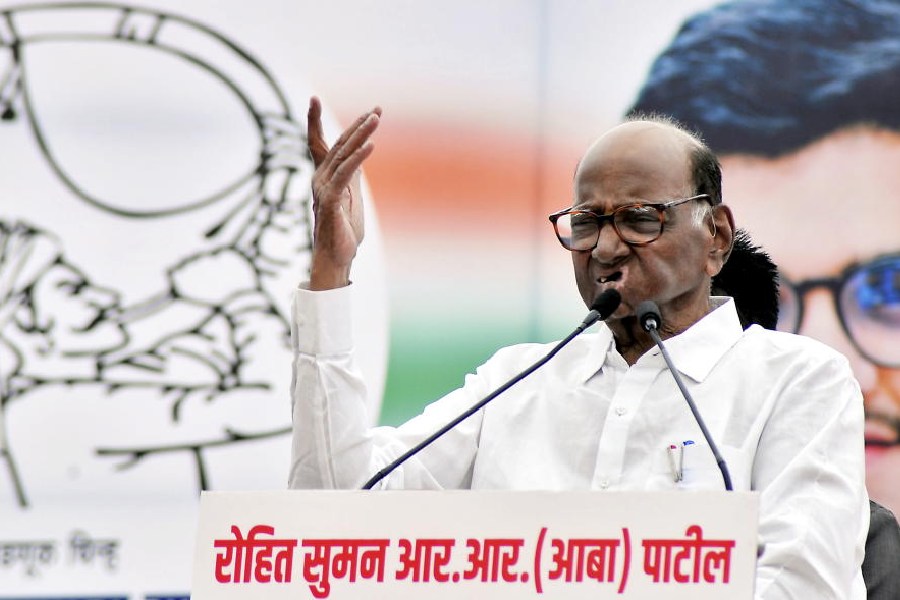Electoral bonds accounting for the maximum amount of political donations in India in May were sold in Calcutta, according to information accessed by a citizen through the Right to Information route.
Of the bonds worth Rs 822 crore that were sold in select outlets of the State Bank of India in the country in the last month of the general election, instruments worth Rs 370 crore — or as much as 45 per cent — were issued from the Calcutta Main Branch of the bank.
The figures in May take the total amount of money invested in this opaque source of funding for political parties since January this year to Rs 4,794 crore. The information was provided by the SBI in response to an RTI query by a Pune-based person, Vihar Durve.
The disclosure comes at a time glare has fallen on what is being described as the unprecedented use of money in the elections through the controversial instruments.
The electoral bonds, which can be bought by individuals as well as corporate entities and then donated to parties, do not bear the name of the donor. The anonymity has fuelled fears that high-net-worth individuals or rich companies can influence the outcome of elections by pumping money to select parties without the identity of the donor being revealed.
On Monday, before the bank data became public, chief minister Mamata Banerjee had called for a probe into the use of money in the general election.
The break-up in Calcutta throws up some illuminating details.
- In May, the Calcutta Main Branch of the SBI saw the highest sale of bonds in the country, valued at Rs 370,45,75,000 (Rs 370 crore).
- The bulk of the bonds was sold in the denomination of Rs 1 crore, which can be afforded only by entities or people with deep pockets. The value of electoral bonds issued by the Calcutta Main Branch in the Rs 1-crore denomination stands at a staggering Rs 353 crore.
- Of the bonds valued at Rs 822,25,79,000 (Rs 822 crore) and issued till May 24 — the day after the counting of votes — instruments of Rs 819 crore were redeemed within the same time frame. The bonds are valid for 15 days from their date of issue.
- That moneybags are the main donors is evident from the fine print in May. The value of bonds in denominations of Rs 1,000, Rs 10,000 and Rs 1 lakh adds up to only Rs 4.29 lakh. The remaining amount — over Rs 822 crore — has been invested in bonds of Rs 10-lakh and Rs 1-crore denominations, again the bulk in the latter.
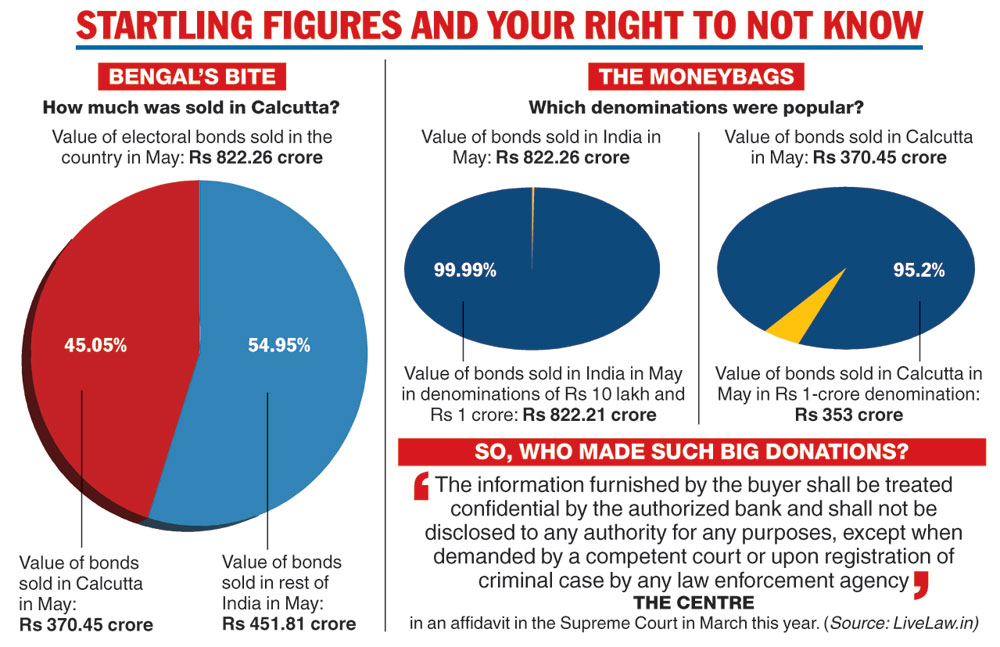
Although there is no official information on which party has benefited the most from these bonds, the ruling BJP had been the biggest beneficiary of the inaugural bonds issued in March 2018.
According to the BJP’s audit and income tax reports for 2017-18 — submitted to the Election Commission of India — the party got Rs 210,00,02,000 (Rs 210 crore) through electoral bonds.
In its inaugural run in March 2018, electoral bonds worth Rs 222 crore had been issued, putting what the BJP got from that tranche at 95 per cent of the entire money that came in.
Reacting to the RTI disclosure, the CPM’s Mohd Salim tweeted: “The BJP’s unprecedented victory in West Bengal is becoming clearly day by day.”
The CPM and other Opposition parties have been opposed to the electoral bonds, introduced by the Narendra Modi government in its 2017-2018 budget. Their contention is that its opacity makes the system beneficial to the ruling party and also doubles as a conduit for dirty money.
Both the BJP and the Congress are among the parties which are yet to furnish the details of the money received through electoral bonds to the Election Commission as directed by the Supreme Court in its interim order on April 12.
The Supreme Court had directed all political parties that have received donations through electoral bonds to furnish all the details. The Election Commission had sent a reminder to all political parties on May 21 to send the details by the month-end.


